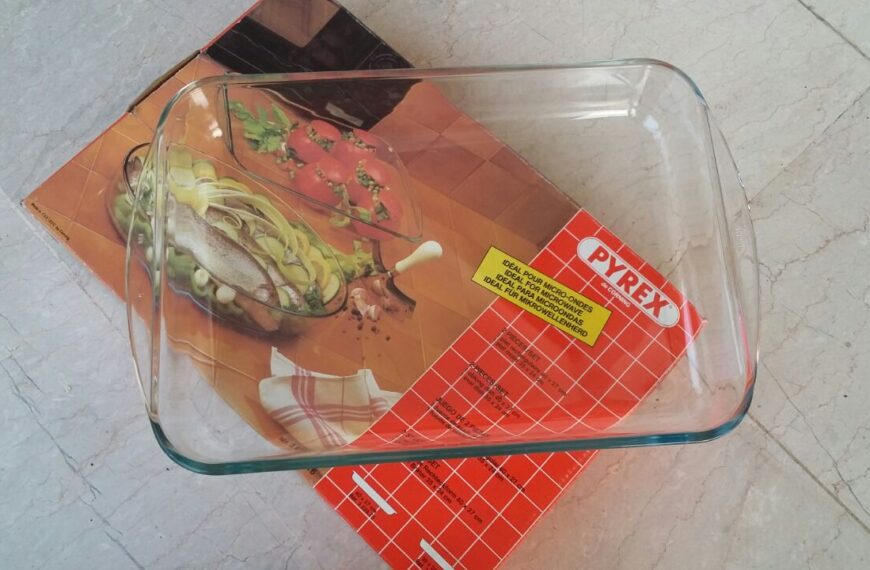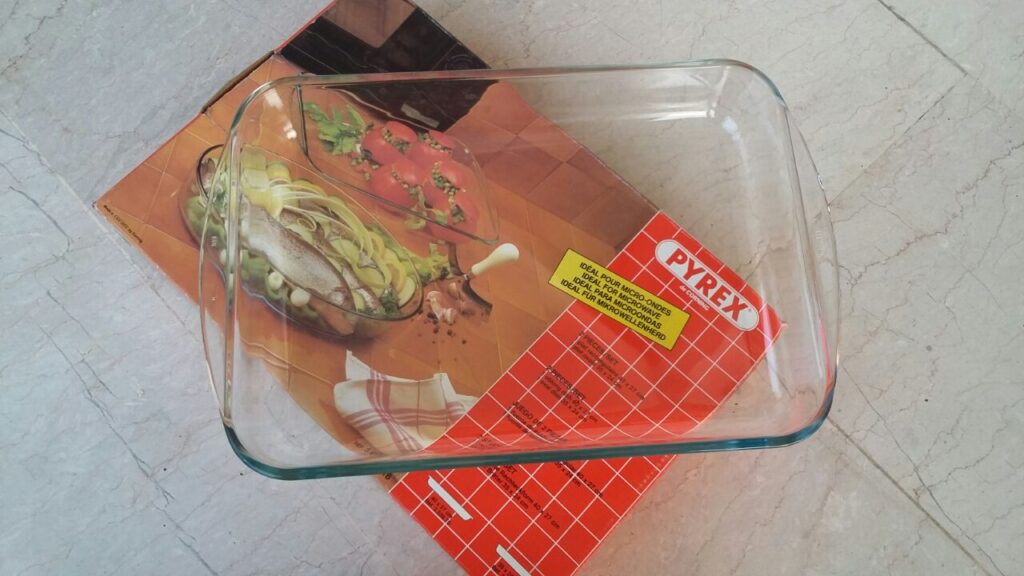You might think that taking shortcuts or avoiding tasks saves time and energy, but sometimes those lazy habits end up creating more work down the road. What feels like an easy way out now can lead to bigger problems later.
Understanding which lazy habits actually cause extra work can help you avoid unnecessary stress and improve your daily routine. By recognizing these patterns, you can make better choices that keep you moving forward without added hassle.
Delaying decisions to gather more information before acting
You might think waiting to collect more information helps you make better choices. But if you keep delaying beyond what’s necessary, it can turn into indecision.
Instead of moving forward, you spend extra time stuck in “what if” scenarios. This actually adds to your workload later because tasks pile up, waiting for your decision.
Gather just enough info to feel comfortable, then act. This balance helps you avoid unnecessary delays and prevents small decisions from turning into big problems down the line.
Letting kids handle small chores independently
When you let your kids do small chores on their own, you’re helping them build important skills. It might feel easier to step in, but giving them independence teaches responsibility and confidence.
Starting with simple tasks shows your child you trust them. This trust encourages them to take initiative and be more helpful without reminders.
Over time, letting kids manage chores helps them develop habits that make your family life run smoother. It also saves you from doing extra work fixing mistakes later on.
Writing brief to-do lists focusing only on top priorities
When you keep your to-do list short, you avoid feeling overwhelmed. Focus on just a few key tasks—typically one to three—that really need your attention that day. This helps you stay clear and purposeful.
Listing too many tasks can backfire, making it harder to finish anything. By choosing your top priorities, you make steady progress.
Keep your tasks specific and actionable, so you know exactly what to do next. This simple habit saves time and prevents procrastination later on.
Taking short naps to recharge energy
Taking short naps can feel like a lazy break, but they actually help you recharge. A quick 20-30 minute nap boosts your alertness and mood, making it easier to focus afterward.
When you nap briefly, you avoid deep sleep stages that can leave you groggy. This lets your brain reset without interfering with nighttime sleep.
By fitting in short naps, you can improve your energy and productivity later in the day. It’s a simple rest that helps you work smarter, not harder.
Procrastinating to let ideas mature subconsciously
Sometimes, when you put off a task, your mind is still working quietly in the background. This kind of delay can help ideas develop without forcing them.
You might find that stepping away for a bit lets your brain connect dots you didn’t see before. It’s like giving your thoughts time to breathe.
However, this habit only works when you come back to act on your ideas. Without a follow-up, the mental buildup could just turn into more work later.














